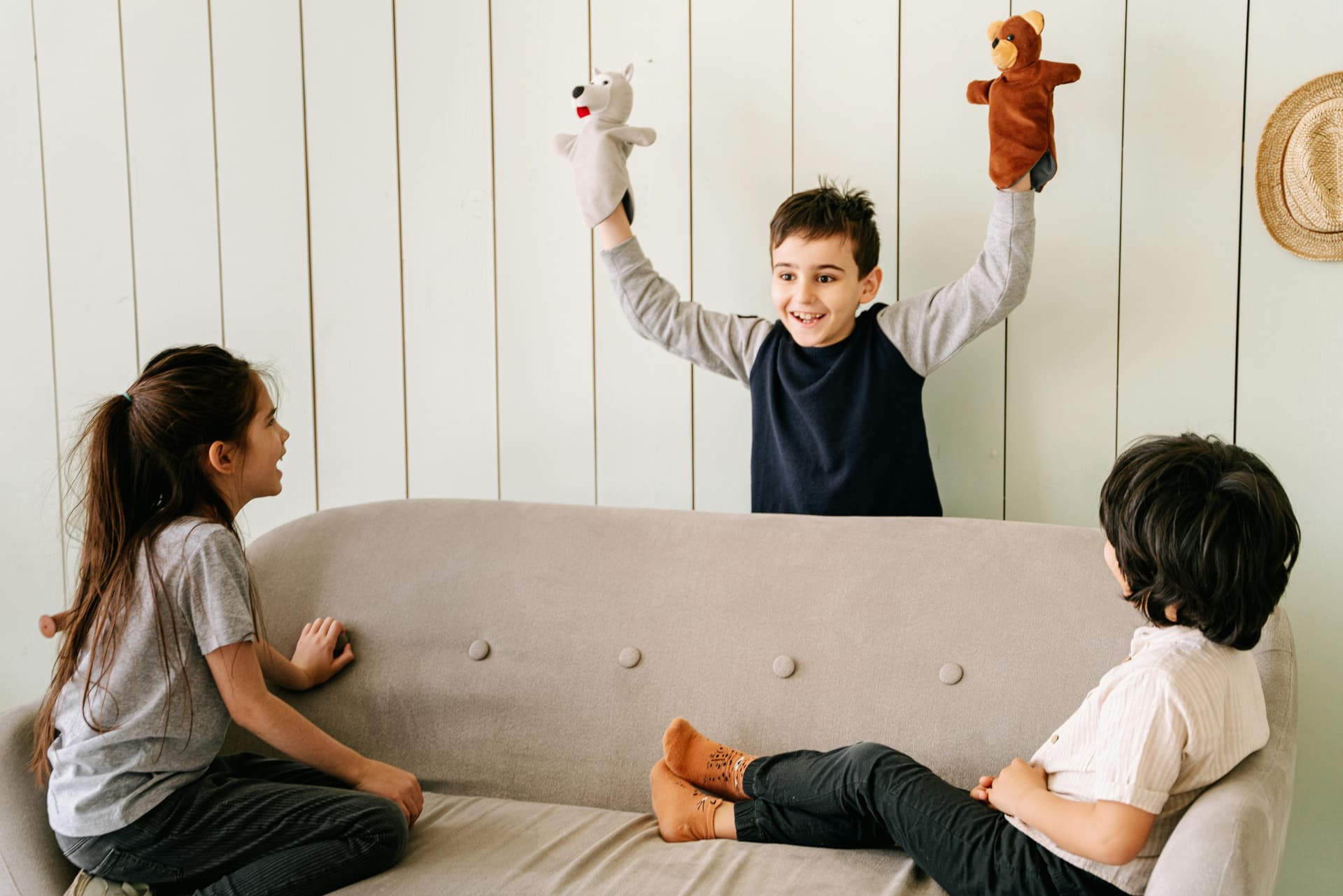
is now part of
Joy Parenting Club!
Families and care organisations using Heba will now have the option to also join Joy. For any questions, reach out to us at hello@heba.care

Families and care organisations using Heba will now have the option to also join Joy. For any questions, reach out to us at hello@heba.care

October 4, 2023
Growing up with a brother or sister with additional needs has much in common with all sibling relationships - from rivalry, to loyalty. The siblings of children with additional needs may face extra challenges themselves, but they can also be amazing advocates and educators to other children. Siblings play a huge role in the lives of their brothers or sisters, including their social lives, supporting care and advocating for them.
Firstly, the positive attributes and experiences acquired by siblings should be acknowledged. Siblings develop amazing skills from first aid, to sign language and mediation skills. They also develop a level of social competence that may mean they are more accepting of people who are different at an earlier age than their peers, and they often advocate for the needs of others much more.
There are also challenges. Sometimes these challenges take the form of being given more responsibility to help their brother or sister. Being a young carer can be difficult, and siblings often do care tasks alongside parents, as well as being emotionally supportive to parents themselves. Other times, siblings may find their parent spending more time with their brother or sister difficult, even if this time is spent on medical appointments, and want more attention themselves. It can be hard as a parent to give the sibling quality time due to the parent's own challenges.
Some of guidance for supporting a sibling child includes:
You might also want to think about consciously setting aside time with each sibling each week to make sure you can spend quality time with all members of the family. Spending 15 minutes a day of uninterrupted time doing something they enjoy can help with attention jealousy challenges.
Help to explain roles and responsibilities in the family, which this might be over a conversation, or you could use visuals to help convey this.
Acknowledge the negative feelings as well as the positive ones, listening to how your child is feeling.
Be open and honest about disability and additional needs from an early age.
Celebrate your sibling child’s achievements.
You may wish to teach siblings activities they can do together with their brother or sister, so they can learn to play together, rather than focus on caregiving responsibilities.
It can be helpful to encourage brothers and sisters to be advocates for children with additional needs - let them lead on sharing their views on their sibling’s needs. And do remember, it’s important to let children be children, and siblings be siblings where possible.
Sibs is a brilliant charity for brothers and sisters of disabled children and adults. Do check them out to learn more. They offer workshops and training as well as a great resource page for siblings themselves to use.